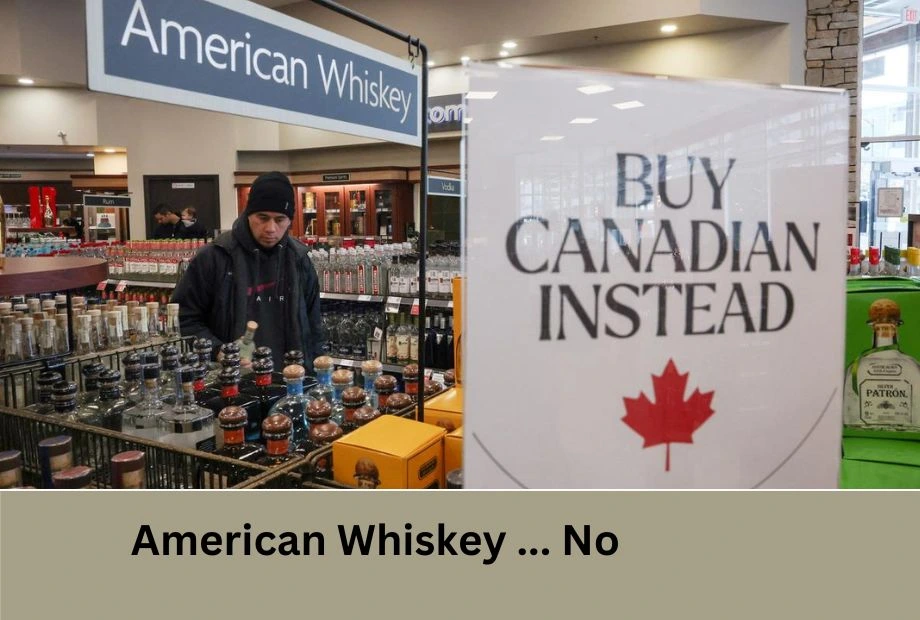Canada has announced plans to take legal action against the United States over newly imposed tariffs on Canadian imports, calling them unlawful and detrimental to trade relations. The move follows U.S. President Donald Trump’s decision to apply a 25% tariff on most Canadian goods, citing concerns over fentanyl smuggling and illegal immigration.
In response, Canadian Prime Minister Justin Trudeau declared a series of countermeasures, including a 25% levy on a range of U.S. products imported into Canada. The retaliatory tariffs, which take effect Tuesday, will cover over 1,250 U.S. goods, amounting to approximately C$30 billion. Affected products include orange juice, peanut butter, beer, wine, cosmetics, motorcycles, and various household items.
Speaking to reporters on Sunday, a senior government official—who requested anonymity—affirmed that Canada will challenge the tariffs under international trade agreements, including the North American free trade framework and the World Trade Organization (WTO). The official described the U.S. tariffs as “a clear violation of long-standing trade commitments.”
“We will use all available legal avenues to contest these measures,” the official stated.
Unlike other Canadian exports, energy products—including oil, gas, and electricity—will face a slightly lower tariff rate of 10%, which will be implemented on February 18. However, the impact on major industries and cross-border commerce is expected to be significant.
Canada is also preparing an additional list of targeted U.S. products—including passenger vehicles, electric cars, steel, aluminum, aerospace components, and select agricultural goods—that may face tariffs in the coming weeks. The second wave of levies could affect up to C$125 billion in U.S. imports, adding further pressure on bilateral trade relations.
“We are assessing the impact of these tariffs and will escalate our response if necessary,” the government official said.
The Canadian government acknowledges that the ongoing trade dispute will have economic consequences for both countries. To support domestic businesses affected by these measures, Canada plans to introduce a relief mechanism allowing companies to apply for tariff exemptions or refunds under specific conditions.
Retailers and industry leaders have already begun adapting to the new landscape. In British Columbia, liquor stores have removed several top-selling U.S. brands from their shelves, replacing them with Canadian alternatives. Signage encouraging consumers to “Buy Canadian Instead” has appeared in major retail outlets across the country.
The new tariffs are part of a broader protectionist strategy by the Trump administration, which has also imposed levies on imports from Mexico and China. President Trump has linked the measures to a demand for stronger enforcement against the smuggling of fentanyl into the United States, as well as border security concerns involving Canada and Mexico.
While the full economic impact remains uncertain, experts warn that escalating trade disputes could slow global economic growth and drive inflation. Mexico and Canada, the top two trading partners of the United States, have both signalled strong opposition to the new policies, setting the stage for prolonged tensions.
Canada’s trade ministry has confirmed that diplomatic efforts to resolve the issue are ongoing, though legal proceedings and countermeasures will proceed in parallel.
“We remain open to dialogue, but we will not stand by while unfair trade practices harm Canadian businesses and consumers,” Prime Minister Trudeau stated during a press conference in Ottawa on Saturday.
With legal challenges underway and retaliatory tariffs in place, the coming months will be critical in determining the future of North American trade relations. Observers are closely watching for potential shifts in policy or negotiations that may offer a path toward resolution.





